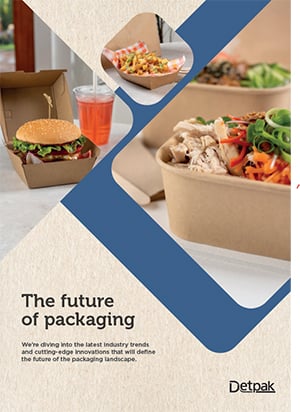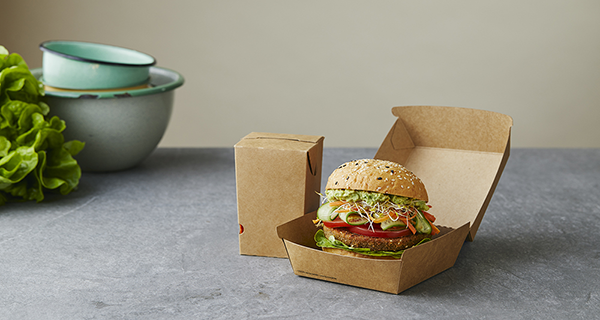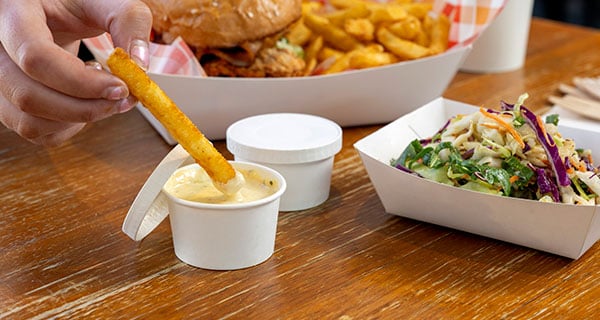Amid ongoing pressure from consumers, increasing regulatory requirements and a general duty to the environment, food businesses are having to embrace more sustainable practices throughout their business.
From incorporating innovative sustainable food packaging, to streamlined manufacturing processes, here are just some of the ways food businesses are prioritising sustainability.
Why is adopting sustainable practices important for food businesses?
Sustainable food packaging plays a crucial role in reducing waste and meeting consumer demand for better solutions. Businesses that switch to compostable or recyclable options stand out as leaders in sustainability. Explore our containers and other solutions like sustainable carry bags, drink trays, paper cold cups & lids, that offer a plastic-free alternative for serving refreshing beverages while reducing environmental impact.
Embracing sustainable practices provides a range of benefits for food businesses, from reducing their environmental impact to providing cost savings and even setting themselves up for future success.
Here are just some of the reasons to consider implementing sustainable practices:
Environmental impact: Perhaps one of the biggest drivers of embracing sustainable practices is to help reduce the environmental footprint of food production and consumption. By minimising waste, conserving water, using renewable energy and supporting sustainable resources, businesses can reduce their contribution to pollution, deforestation and resource depletion.
Cost efficiency: Many sustainable practices, like reducing food waste, optimising energy use and sourcing locally, can lead to long-term cost savings. Efficient use of resources lowers operating expenses so businesses can take advantage of profitability, whilst caring for the environment.
Consumer demand: Consumers are becoming even more environmentally conscious and prefer to support businesses that prioritise sustainability. Adopting sustainable practices can enhance a business's brand and attract a loyal customer base.
Regulatory compliance: Governments are increasingly imposing environmental regulations and sustainability compliance on businesses. By proactively adopting sustainable practices, food businesses can avoid penalties and stay ahead of regulatory changes.
Long-term viability: Sustainable practices ensure the long-term availability of resources like clean water, healthy soil and biodiversity, which are especially important for the food industry. A sustainable approach helps secure the future of the business by maintaining the resources it depends on.
2024 food businesses trends
In 2024, food businesses have continued to move towards more sustainable practices throughout their operations. Let’s take a closer look at some of the main industry trends we’ve seen this year.
Sustainable food packaging
Material innovations are driving food packaging as many food businesses adopt more sustainable packaging solutions. The shift from traditional packaging materials, like single-use plastics, has led to the development of fibre-based packaging materials. This sustainable alternative is compostable and manufactured from renewable resources, helping to reduce the environmental impact and appease increasing demand from consumers for more sustainable packaging solutions.
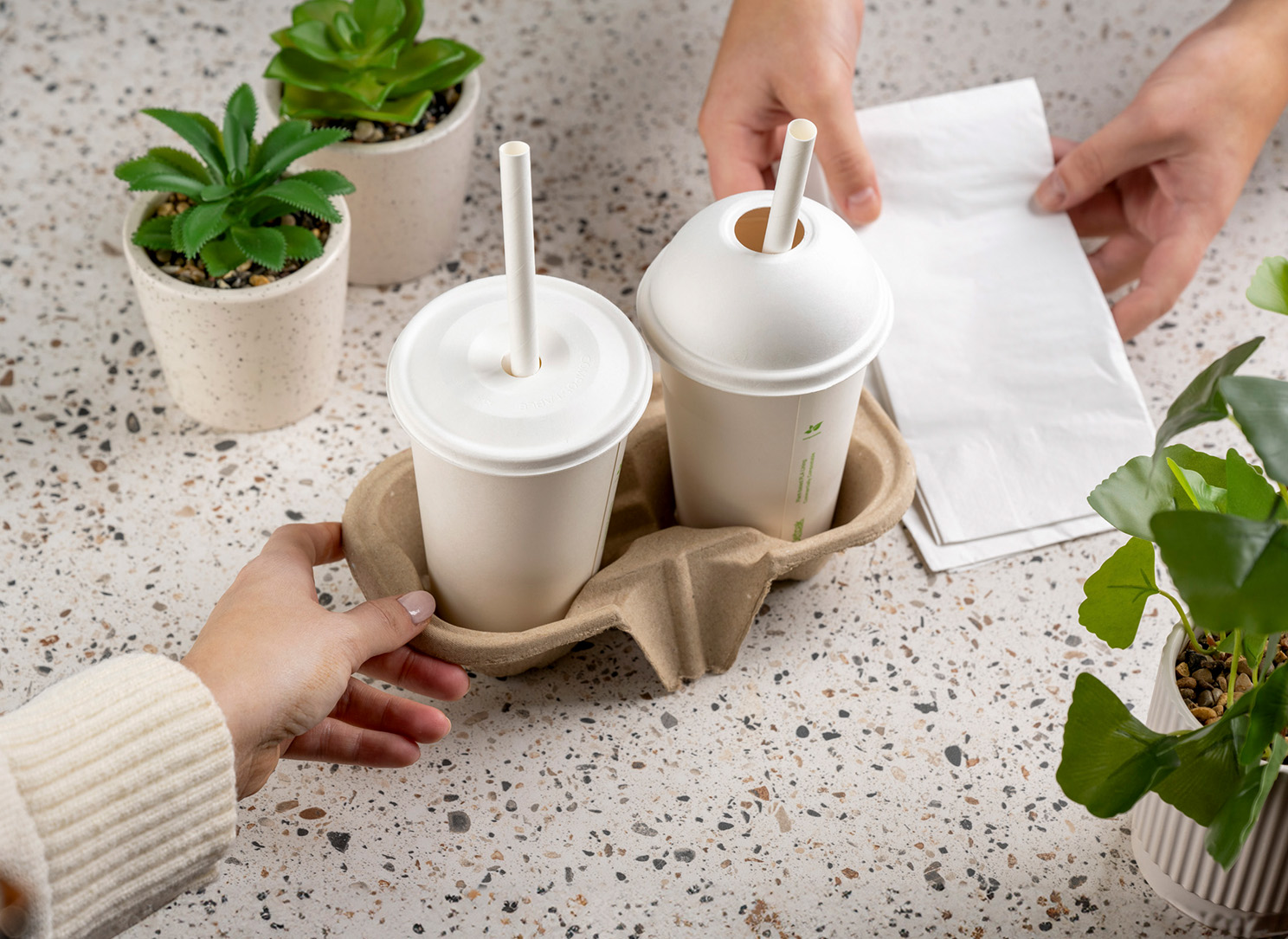
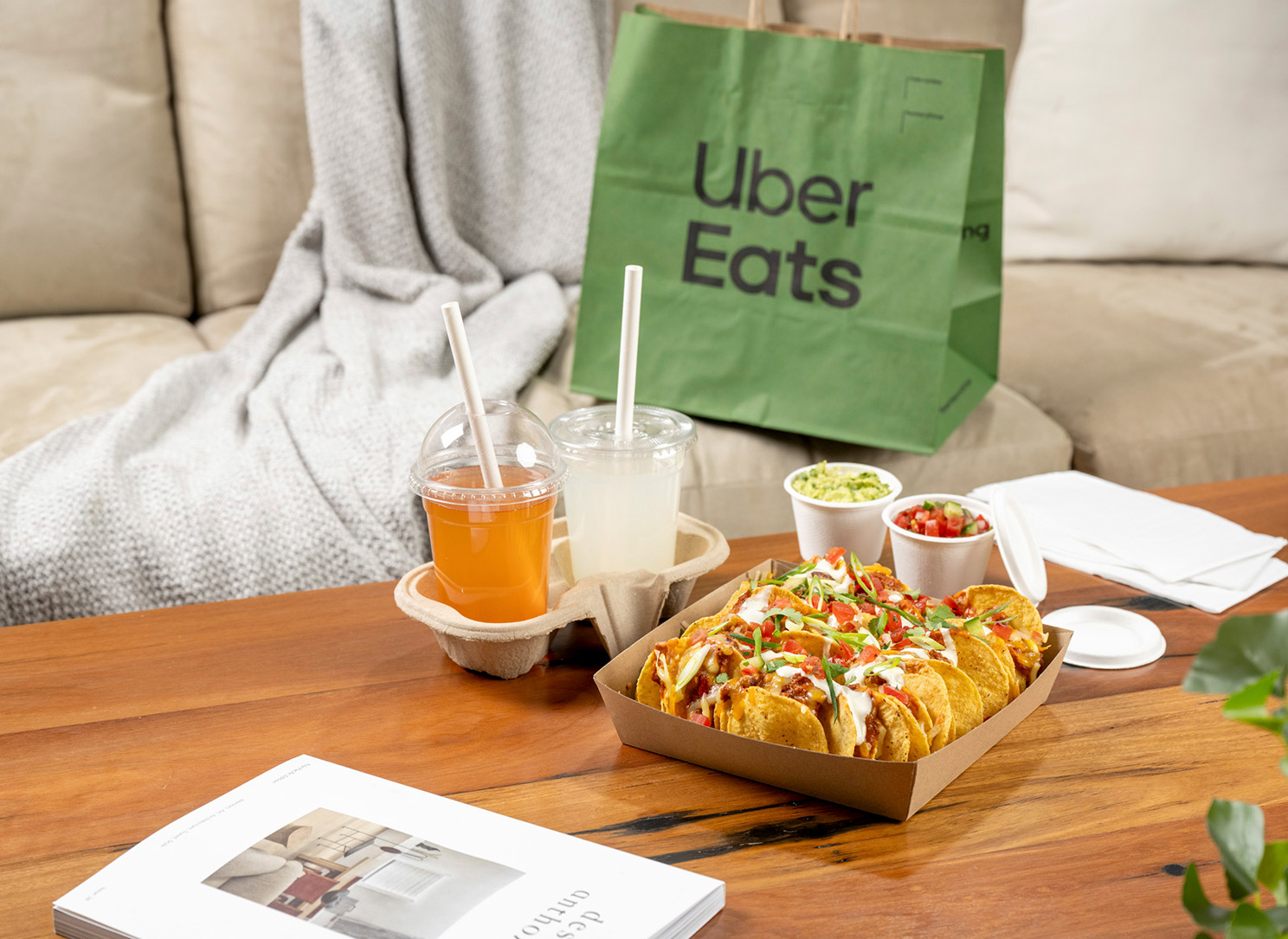
Sustainable food delivery packaging
While we’re on the topic of sustainable food packaging, the rise in e-commerce has had a direct impact on food businesses and, in turn, the packaging industry. Food businesses want to ensure their products are kept fresh and safe during transit, which has necessitated the innovation of sustainable packaging solutions that are durable enough for transport and shipping.
Circular economy practices
Food businesses are exploring ways to upcycle by-products of food production into new products or packaging. For example, coffee grounds, fruit peels and plant fibres are being transformed into sustainable packaging materials.
Using recycled materials, like post-consumer plastics or paper, in new packaging designs reduces the need for virgin materials and supports the circular .
Responsible sourcing
Sourcing materials from farms that use organic or regenerative farming techniques can help reduce the environmental impact of food production by improving soil health, reducing pesticide use and promoting biodiversity.
Businesses are increasingly sourcing ingredients certified against recognised sustainability standards such as Fair Trade that see workers treated fairly, and environmental sustainability impacts managed or minimised, across the supply chain.
However, sustainable sourcing is also an important factor when it comes to packaging. Now more than ever, consumers want to know that packaging products have been manufactured from sustainable and renewable resources.

The future of food businesses
Future innovations and sustainable practices in food and packaging industries are expected to focus on advanced technologies, materials and processes that further minimise environmental impact, promote resource efficiency and meet evolving consumer demands for sustainable solutions.
While the packaging industry is already embracing a circular economy, future innovations may pave the way for fully circular packaging systems. Packaging made entirely from recycled content that can be continuously recycled without degradation is poised to gain momentum through initiatives such as our sustainable carry bags and grease-resistant bags. As industries implement these innovations, they will adopt closed-loop systems where packaging is recovered, recycled, and reused in an infinite loop.
We expect to see more innovations when it comes to food packaging materials as businesses continue to seek sustainable alternatives. For example, future bioplastics will be made from non-food plant sources, such as agricultural waste, algae or even carbon capture. These bioplastics will decompose faster, leaving no toxic residue and will likely be designed to degrade in natural environments without requiring industrial composting.
At Detpak, we continue to innovate to provide world-class packaging solutions and embrace sustainable alternatives. If you’re looking for sustainable packaging solutions for your food business, our sustainability experts are on hand to help you navigate the evolving regulatory environment, and find the right packaging for your needs. Get in touch with us to learn more about how we can help your business embrace sustainability.

